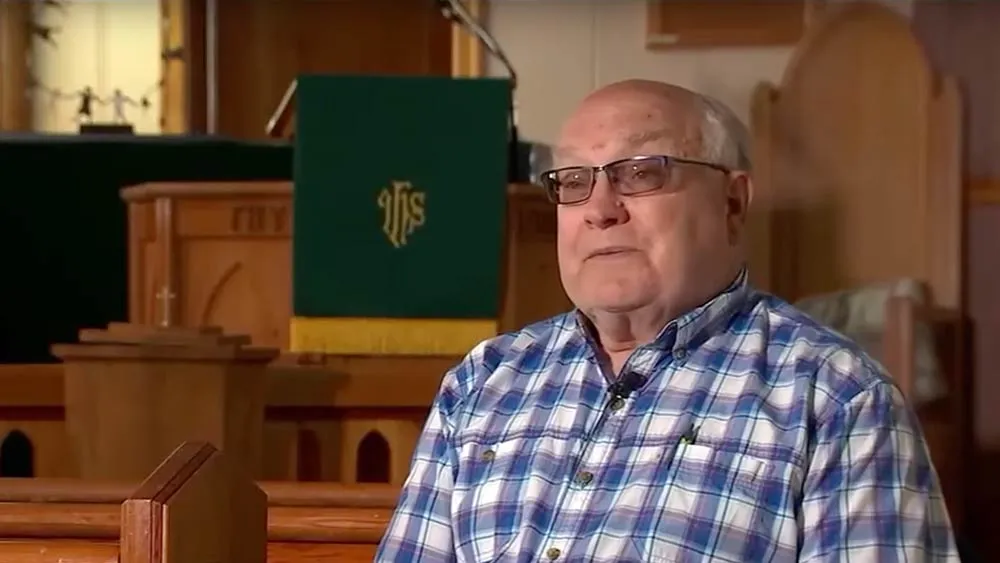March 23, 2010
Transgender activists push for more gender-neutral bathrooms in the District of Columbia
Matthew E. Pilecki READ TIME: 2 MIN.
As transgender Americans continue to gain visibility, the movement to mandate gender-neutral bathrooms has gained traction in the District of Columbia.
The DC Trans Coalition, an all-volunteer organization, formed after a number of trans activists, service providers and allies organized to pressure lawmakers to add gender identity and expression to the city's Human Rights Act. After the City Council voted unanimously in favor of the additions in 2007, the DCTC played a critical role in drafting regulations-including bathroom provisions-that businesses and public agencies were mandated to follow in order to practically implement the revised doctrine. Activist and DCTC member Sadie Ryanne Baker, however, told EDGE many businesses have neglected to follow the regulations, which include labeling all single stall restrooms in a gender-neutral fashion.
"Unfortunately, the law requiring single stall restrooms to be gender-neutral is not widely enforced because the government-the Office of Human Rights in particular-has not done a very good job of educating businesses about their obligations under this law," she said. "We have been working to pressure the OHR to put this provision into practice."
In addition to gender-neutral single stall restrooms, the regulations establish all trans people have the right to use any public, gender-segregated restroom that is consistent with their gender identity or expression, regardless of the sex specified on their government issued identification. A DCTC poll, however, indicates 70 percent of trans Washingtonians have faced problems accessing gender-segregated bathrooms--including verbal harassment and physical assault.
Baker said gender-neutral options are especially important to those who are in the middle of transitioning, those with a low income who cannot afford to transition medically and those who do not identify as male or female.
"We are not asking that all public bathrooms be made gender-neutral; we're asking that people be allowed to use the appropriate bathroom in peace and that more gender-neutral options be made available," she said. "The ability to use a public restroom, which is tied to other things like the ability to have a job or going out in public at all, should be considered a protected fundamental human right for all people."
In an effort to educate law enforcement on the unique needs of trans Washingtonians, the DCTC is working with the District's Department of Corrections and the Metropolitan Police Department to ensure their rights are protected. In collaboration with the Office of Human Rights, the DCTC offers Know Your Rights training and assists trans people with citing violations. Next month, the DCTC will also host a town hall meeting and dinner for the trans Washingtonians next month alongside HIPS, a sex worker outreach and advocacy organization, the Sexual Minority Youth Assistance League and Transgender Health Empowerment.
"Trans people are routinely fired, denied promotions, denied housing by landlords, refused access to social services such as homeless shelters or domestic violence shelters, and profiled by police," Baker said. "Gender identity and expression should be added to every human rights document and anti-discrimination law in all jurisdictions, and implemented appropriately."





